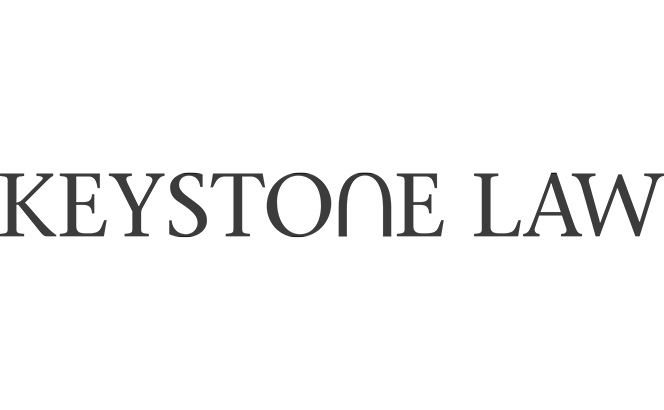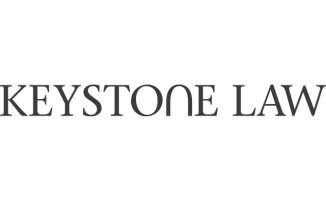Join a firm where PEP means Performance Equals (more) Pay
The last two years have seen enormous growth in the legal market. With reports of record profits for many firms, particularly in the top 100, equity partners have enjoyed a considerable boost to their earnings. However, the need to resource this surge in demand for legal services has created a battle for talent and a consequent increase in the salaries of employees and non-equity partners, in order to attract and retain that talent.
The desire to sustain those earnings and the need to justify those salaries has driven an increase in billing targets and added yet further pressure on individual lawyers to perform.
While the recent financial performance of law firms has been exceptional, the wider economy is facing significant head winds, and law firms are not immune to the impending economic downturn. Increased interest rates for firms carrying a lot of debt, together with higher energy bills, will add to the costs of inflated salaries, paid during these recent boom times. With the demand for legal services likely to fall over the short-to-medium term, the loss of revenue to support those fixed costs will squeeze profits and impact the earnings of equity partners.
The pressure on firms to retain their ‘profit per equity partner’ will be felt from top to bottom, creating tensions and exacerbating the internal politics which derive from the sense of entitlement of some and the consequent feeling of unfairness among the others. The respective contributions of individual partners to the collective pot will come into sharp focus. Those putting in more than they are taking out might perhaps consider their position within the partnership and more generally the fairness of the traditional law firm model.
‘Keystone lawyers take home 75% of their billings if they are acting for clients they introduce to the firm.’
While the partnership model has been the mainstay of the legal market for centuries, the emergence of the consultancy model of law firms over the last 20 years has given lawyers a credible alternative through which to practice. Offering remuneration which is performance based through a fee-sharing arrangement has been the driver for growth, attracting lawyers who seek to be fairly rewarded for their expertise in an environment which is meritocratic. And lawyers have been turning to them in their droves. In fact, Arden Partners produced a report last year showing that the number of consultant lawyers is growing at a compound annual growth rate of 21%.
Earn more for the work that you do
At Keystone Law, we have rethought the law firm model to put lawyers back into the driving seat of their careers. Senior lawyers are rewarded fairly for the business they generate and the work they do, through a simple and transparent remuneration structure that applies to everyone.
Keystone lawyers take home 75% of their billings if they are acting for clients they introduce to the firm. They take home 60% of their billings if they are acting for clients introduced to the firm by a colleague. Colleagues who refer their clients to others take home 15% of the fees generated by such referrals. This creates a sense of fairness and equity across the firm but also provides a financial incentive for greater collaboration. Under this model, lawyers have complete autonomy and control over their practice. They can decide when and where, and with whom and for whom, they work, without interference from management.

Crucially, Keystone does not set billing targets and it gives its lawyers complete control of their most valuable assets – their clients. Together with a greater ability to be financially rewarded for the investment they make in their practice and clients, Keystone lawyers are motivated to perform to the best of their ability, on their terms.
No longer do lawyers have to be a slave to billing targets, attend unnecessary committee and management meetings or adhere to office politics. When joining Keystone, lawyers can focus exclusively on providing a top-rate service to their clients without exception.
Could and should you be earning more?
Are you being fairly remunerated for the work that you do? Scan the QR code to answer eight simple questions and find out how your life could change at Keystone Law.

www.lawsetfree.com














